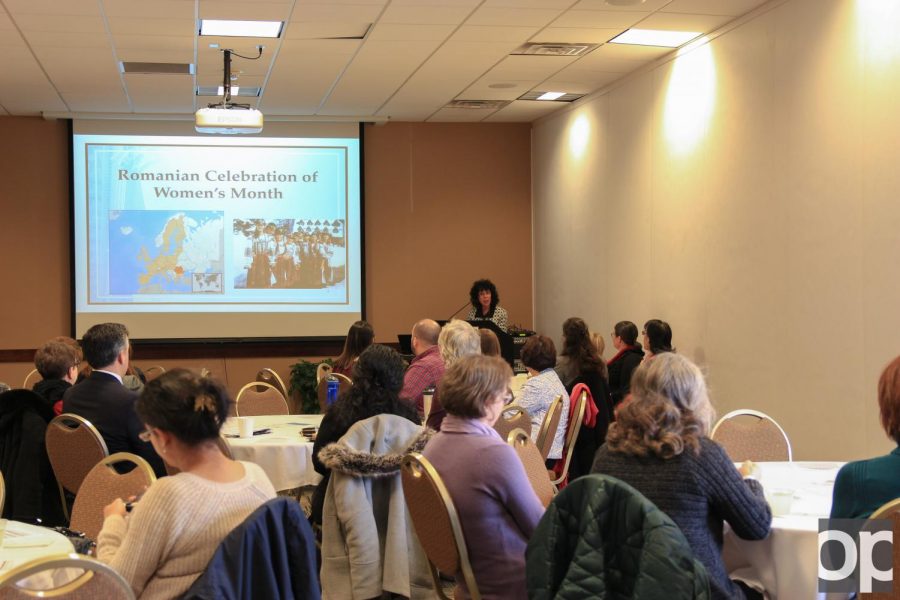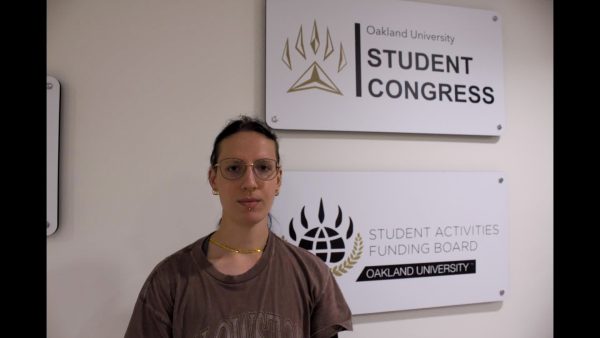#PressForProgress during Women’s History Month on campus
When it comes to history, the story of women is largely one of exclusion, silence and absence. Women have made a lot of history, but sometimes, looking at the history books, you wouldn’t exactly know it.
Women’s History Month takes place during March and is where we revel in learning about all manner of female history-makers, from the big names to the unsung heroes. It’s also a time when we focus on learning more about the female perspective on big movements in human history.
At Oakland University, several events are taking place throughout the month in an effort to celebrate the accomplishments of the female students, faculty and staff.
Jean Ann Miller, director of the Center for Student Activities and Leadership Development, wants the OU community to embrace Women’s History Month and acknowledge the achievements of women on campus.
“Attending Women’s History Month events here on campus will empower students,” Miller said. “It empowers them to be successful not just as a student, but in all aspects of their lives. A huge part of Oakland University is student success, and this just reinforces the student success for women on our campus.”
With everything that has been going on in the United States recently in terms of the #MeToo movement and #TimesUp, it is even more important to pay attention to this month.
“Women are finding their voice, and finally everyone is listening to it,” Miller said. “For example, with the Harvey Weinstein situation, women aren’t just telling their stories but something is also being done with their stories so that they don’t experience that brutality again.”
In terms of the Women’s History movement, issues that were being fought for when the movement started in 1909 are still being fought for today.
“In some countries, International Women’s Day is a national holiday,” Miller said. “Because of the movements we have been having lately, this day is finally being properly paid attention to in the U.S.”
Erin Shrum, president of The Feminists of OU, believes that Women’s History Month is important because it’s a way for people outside of feminist communities to discover and learn about aspects that may not be available in their everyday curriculum or lifestyles.
“The OU Feminists have teamed up with WISER (Women in Science, Engineering, Research) to organize a panel of women professors speaking on a range of topics within the #MeToo movement,” Shrum said. “The movement is something that a lot of folks can unfortunately identify with, and there are a ton of different suggestions and solutions and issues within the movement, so it’s important to have this conversation to hear each other out and come to a more concrete understanding.”
As issues like sexual harassment have often been stigmatized as taboo, which does not make them so easy to openly discuss, Shrum is confident that the more folks talk and validate one another, the more these issues become conceptualized and understood.
“These situations are seriously uncomfortable, so knowing that you have an entire movement behind you brings a sense of comfort and solidarity that wasn’t always offered before,” Shrum said.
Until history textbooks, Congress and assigned reading lists reflect gender parity, Women’s History Month is a crucial time to remind the nation and the world of women’s important work and the barriers that exist to full gender equality.






